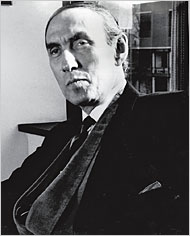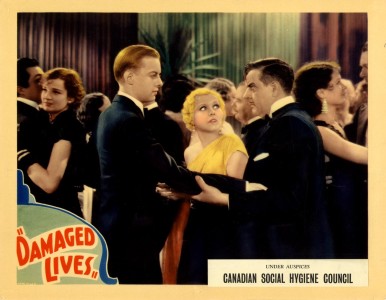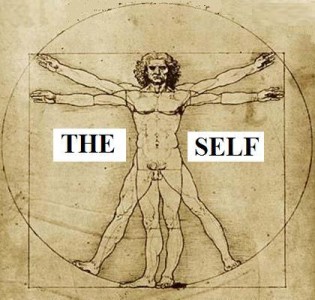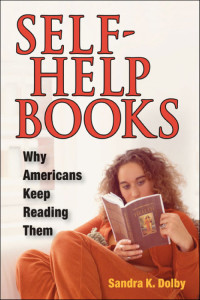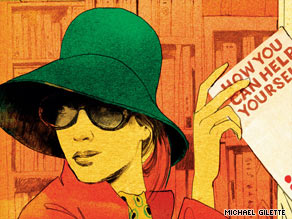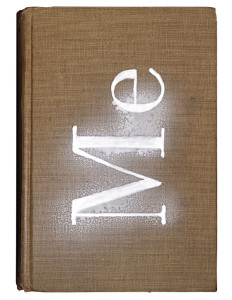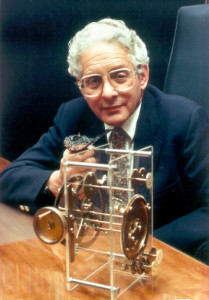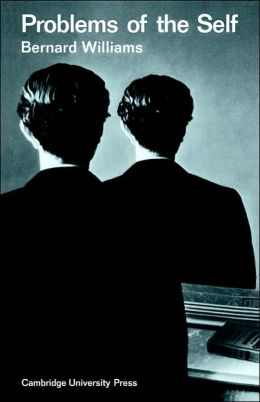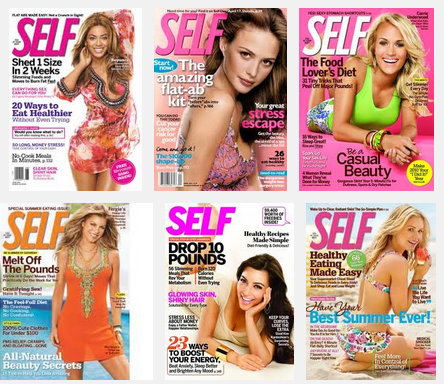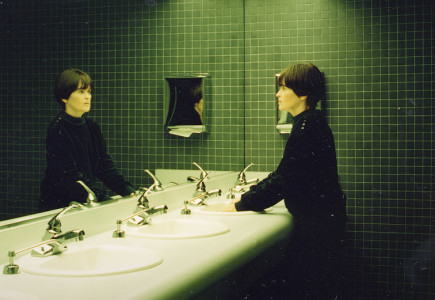Positive thinking as social control
I found the following video in a blog post written by Zoë Siobhan Baillie (@Zoe_Baillie). The audio is an excerpt from a speech by Barbara Ehrenreich, where she elaborates on ideas from her book Bright-sided: How the Relentless Promotion of Positive Thinking Has Undermined America.
Ehrenreich’s observations deserve to be understood and appreciated. Unfortunately, there’s a huge commercial market in positive thinking, so her insights face an uphill battle. Judging by the comments left on YouTube (e.g., “This seems like an incredibly shallow and nonsensical analysis”), the hill is quite steep. Read more

